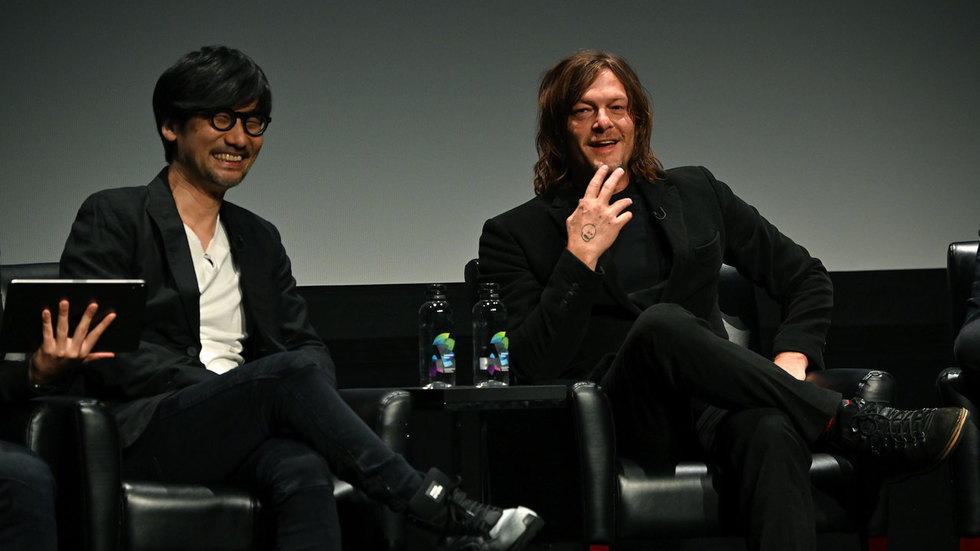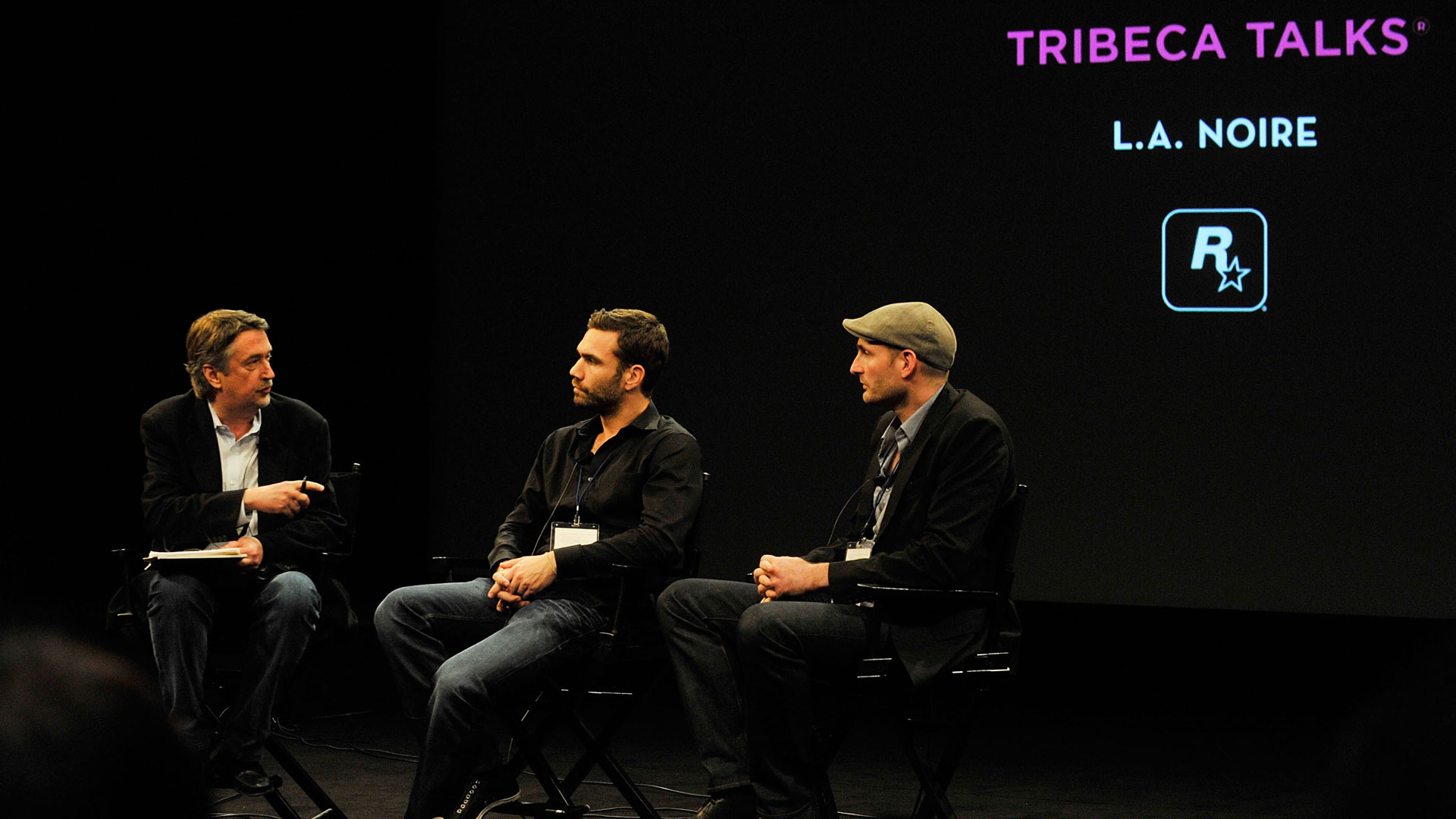
BY JESSICA XING |
GAME ON
To celebrate Tribeca Games’ inaugural award, let’s revisit how games have made an impact on storytelling at the Tribeca Festival for the past decade.

Since Rockstar Games’ L.A. Noire was made the first-ever Official Selection at the 2011 Tribeca Festival, Tribeca Games has worked to expand the boundaries of conventional storytelling. As games rose in popularity, the medium consistently questioned what constitutes a narrative, blurring the lines between player, story, and creator. Tribeca has featured games such as Beyond: Two Souls, Shadow of the Tomb Raider, and God of War, which all illustrate how a compelling story can coexist with player interactivity.

Photo Credit: Joe Corrigan for Getty Images
For its 20th anniversary celebration, taking place June 9th through 20th, the Tribeca Festival will feature its first-ever games award, in which Tribeca Games will celebrate an unreleased game that has “the potential for excellence in art and storytelling.” The newly announced lineup features eight games: Sable, Kena: Bridge of Spirits, Harold Halibut, Lost In Random, NORCO, Signalis, The Big Con, and Twelve Minutes. (Get tickets to demo them yourself here!)
In 2019, legendary game creator Hideo Kojima and Walking Dead star Norman Reedus sat with Tribeca Games to discuss Death Stranding — more specifically, how Kojima balanced the game’s nonlinear narrative with game mechanics. In his interviews, Kojima has been open with the challenges he faced integrating story with engaging gameplay, stating that the cutscenes vs. game format many narrative-driven games fall back on often separates the narrative from player action itself.
The discussion illuminated a very common dilemma developers face when constructing narrative-driven games: despite how integral storytelling is to games, narrative and mechanics have a historically contentious relationship. When a satisfying narrative needs to lead players toward a linear conclusion, how can players still maintain control in a medium that celebrates autonomy and immersion?
Narrative-driven games can be characterized by their dynamic gameplay changes, with player input often seen as a complement to the overall story rather than the focus. What makes this genre innovative is its potential for collaborative storytelling, as the player is tasked to work with the creator to complete a satisfying narrative. For example, Tribeca Games has also featured Firewatch and What Remains of Edith Finch, two games that put narrative at the forefront — using gameplay to complement and strengthen the player’s relationship to the story, the narrative, and more importantly, the world.
Video games have evolved since the Atari 2600. Games in this day and age transport players to a fascinating and unfamiliar world, alien worlds that, yet, are still anchored by the familiar and universal tropes in narrative storytelling.
That is why narrative-driven games have a certain magic to them: they promise a new world, yet they are grounded by the deeply human stories of grief, family, and ambition that we are all familiar with. World-building and narrative are central to all eight games featured this year. Each story is brought to life by their own unique environment, characters, and relationships — from a retro-futurist underwater vessel in Harold Halibut, to an abandoned village in Kena: Bridge of Spirits, to vast deserts and fallen spaceships in Japanese Breakfast’s Sable, every game this year balances the masterful constructions between storytelling and mechanics.
Tribeca has long been a champion of inclusion, diversity, and invention. Highlighting narrative-driven games by accepting submissions for an inaugural award illustrates that the festival not only pushes the boundaries of conventional storytelling, but the definitions of games itself. Combining gameplay, story, and visual prowess, the selections demonstrate that narrative, instead of existing separate from player autonomy, can be seamlessly integrated into how a player interacts with any given world.
The player’s interactions with narrative become a collaborative effort of expression between the creator and audience, demonstrating that games may be the unique medium that can become a container for all other media that came before it. Experience them for yourself when the Tribeca Festival returns to New York this June to close out the New York Arts Revival program, a statewide effort to revitalize the arts and culture industry in the wake of the COVID-19 pandemic. With a live outdoor concert featuring songs from Rockstar Games’ Red Dead Redemption 2, this year’s festival brings live events back to the city. Passes are on sale now; click here to join the celebration, and book your Tribeca Games experience here.
Feature Photo Credit: Theo Wargo for Getty Images

